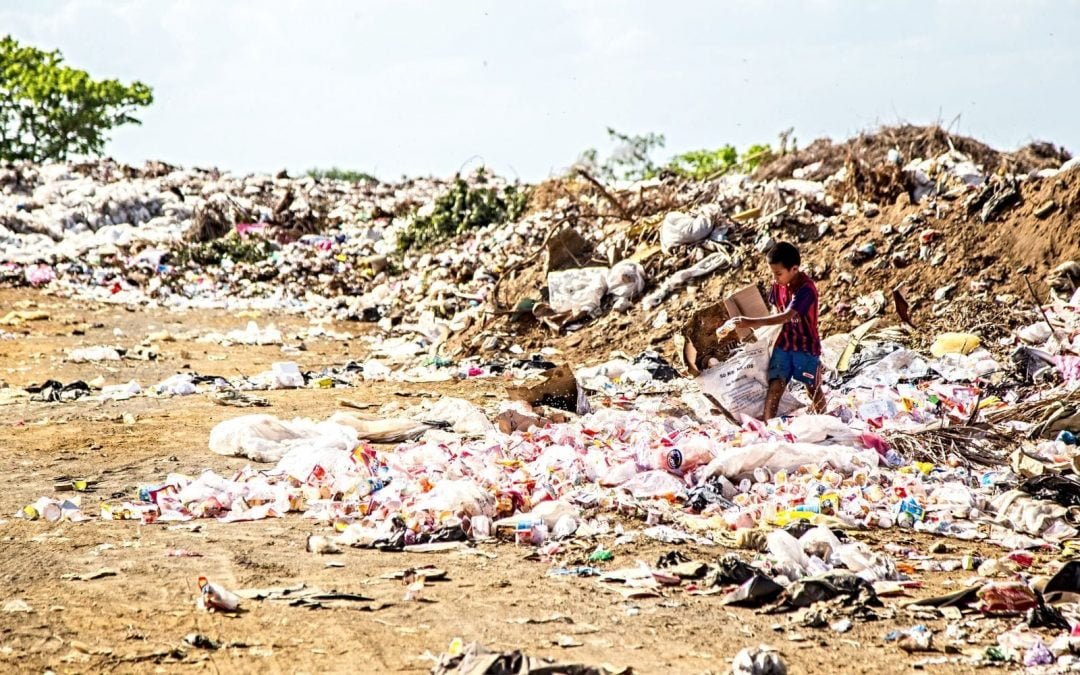Progress toward the sustainable development goals (SDGs) could be reversed in some areas if trends continue, according to a United Nations report published on Sept. 11.
While noting positive steps taken by the U.N. member states who all adopted the SDGs in 2015, the report notes that the world is not on track to meet most of the SDGs’ 169 targets by 2030 and that “no country is yet convincingly able to meet a set of basic human needs at a globally sustainable level of resource use.”
More troubling to the independent group of scientists who compiled the report is the finding that in several areas – biodiversity loss, climate change, rising inequality and increasing human waste – we are actually heading in the wrong direction.
By some measures, these four SDG areas are trending toward “negative tipping points, which would lead to dramatic changes in the conditions of the Earth system in ways that are irreversible on time scales meaningful for society.”
One of the key challenges noted in the report is reducing not only the number of people living in extreme poverty (736 million in 2015), but also helping those facing multidimensional poverty (1.3 billion in 2018 who lack sufficient income and at least one other well-being indicator, such as poor health, low education, limited or no access to clean water and so forth).
Other challenges include addressing interconnected issues, such as hunger, obesity, pollution and land degradation from agricultural processes, as well as energy poverty (lack of access to electricity) and pollution that results from fossil fuel-derived energy sources.
Meeting SDG targets by 2030 will require reframing assessments of current systems and structures, the report noted.
For example, economic policy decisions must factor in waste generation and natural resource depletion rather than focusing on gross domestic product alone.
Another essential element will be balancing competing needs, such as providing sufficient food for the world’s population while not increasing greenhouse gas emissions in the process or making even more land unusable due to degradation.
“Despite considerable efforts these past four years, we are not on track to achieve the sustainable development goals by 2030,” U.N. Secretary-General Antonio Guterres stated in the report’s preface. “This report reminds us that the future is determined by what we do now, and the window of opportunity is closing fast.”
The full report is available here. A press release announcing the report is available here.


